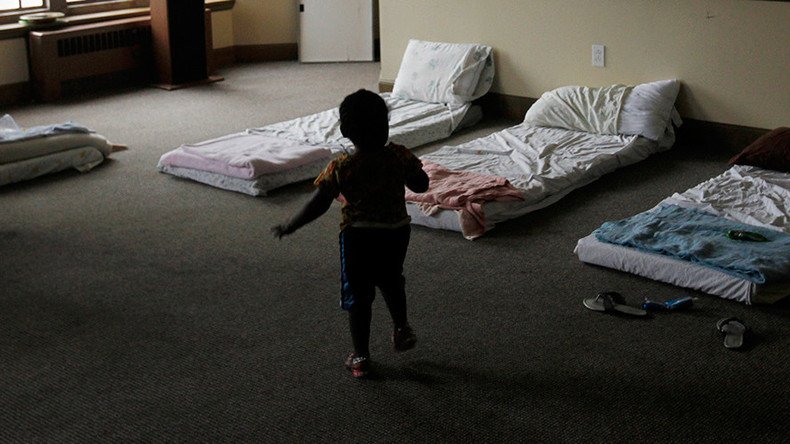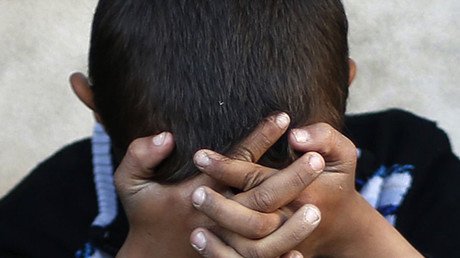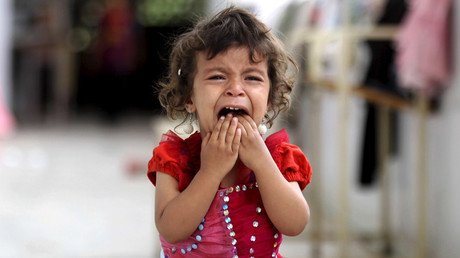Poverty causes depression, brain connectivity changes in children – study

Children growing up in poorer families are at a higher risk of suffering from depression caused by its impact on their brain connections, new research says.
Key brain structures in kids coming from poorer households are connected differently from those of their wealthier peers, researchers at Washington University School of Medicine in St. Louis found, having analyzed brain scans of more than a hundred of children, ages 7 to 12.
Hippocampus and amygdala – brain areas associated with learning, memory, stress regulation and emotions – are connected to the rest of the brain in poor children “in ways we would consider to be less helpful in regulating emotion and stress,” professor Deanna M. Barch, leading author of the study, said in a press-release.
Thus, pre-schoolers living under low-income circumstances are at a high risk of developing depression as early as at the age of 9 or 10, according to the study published in the American Journal of Psychiatry.
The lower the income a family has, the weaker the brain connections a child has, the researchers found. This means that a child’s degree of poverty is directly connected with the way their brain functions.
This is not the first research on the subject carried out by the group of scientists. Previously it was established that richer children differ from the poor in the amount of grey and white matter in their brains, and the size of the hippocampus and amygdala which could be improved through proper upbringing. Brain connectivity cannot be changed though, the newest study says.
“Poverty is one of the most powerful predictors of poor developmental outcomes for children,” said co-investigator Joan L. Luby, the Samuel and Mae S. Ludwig Professor of Child Psychiatry and director of Washington University's Early Emotional Development Program. “Previously, we've seen that there may be ways to overcome some brain changes linked to poverty, but we didn't see anything that reversed the negative changes in connectivity present in poor kids.”
This doesn’t mean that a child coming from a not wealthy family is doomed to have a difficult life, Barch emphasized.
“Poverty doesn’t put a child on a predetermined trajectory, but it behooves us to remember that adverse experiences early in life are influencing the development and function of the brain. And if we hope to intervene, we need to do it early so that we can help shift children onto the best possible developmental trajectories,” she concluded.














